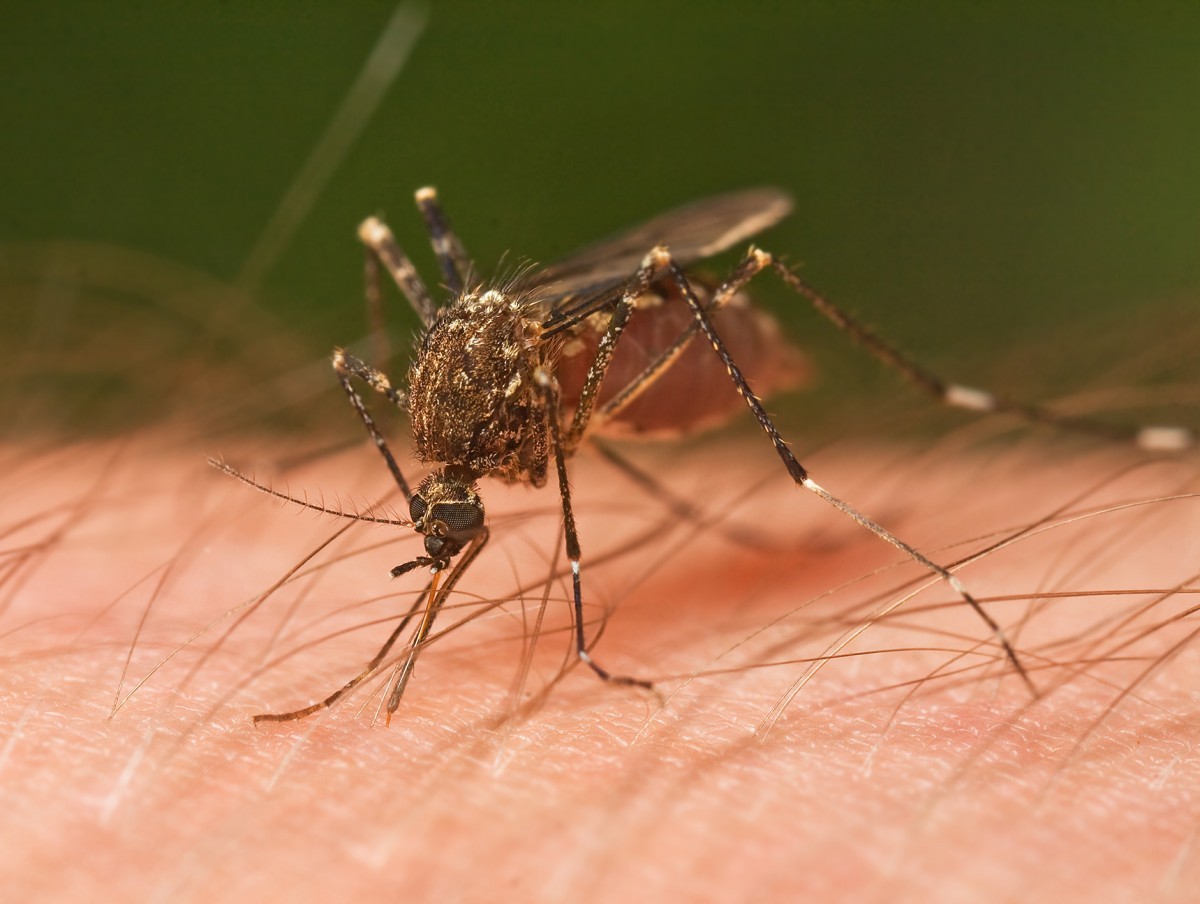
The Zika virus is transmitted by a mosquito
Zika virus information
The University of Manitoba is closely monitoring advisories from Manitoba Health, Healthy Living and Seniors (MHHLS), the Public Health Agency of Canada (PHAC) and the World Health Organization (WHO) regarding the Zika virus outbreak in countries of the Caribbean, Central America, and South America. As members of our university community travel to these countries, this message is being provided to inform you of some potential risks associated with the Zika virus and steps you can take to reduce the risk.
At the current time, WHO, PHAC, and MHHLS advise that:
- There should be no restrictions on travel or trade with countries, areas and/or territories with Zika virus transmission,
- Travellers to areas with Zika virus transmission should be provided with up to date advice on potential risks and appropriate measures to reduce the possibility of exposure to mosquito bites,
- It is recommended that pregnant women and those considering becoming pregnant discuss their travel plans with their health care provider to assess their risk and consider postponing travel to areas where the Zika virus is circulating in the Americas. If travel cannot be postponed, then strict mosquito bite prevention measures should be followed to protect themselves against bites.
What is it?
The Zika virus is transmitted by a mosquito bite from infected Aedes mosquitoes, which are distributed widely throughout the tropics and subtropics. They bite during the day and early evening.
What are the symptoms?
About 80% of affected individuals are asymptomatic. Those who develop symptoms usually develop a mild, self- limiting disease, resolving within 7 days of symptom onset. Symptoms generally appear 3-14 days following a bite from an infected mosquito. Symptoms commonly include: acute onset of low grade fever (38.5C or lower), rash, joint pains, conjunctivitis. Less common symptoms have included muscle aches, weakness, lethargy and headaches.
There is a speculative association between the Zika virus and birth defects. There is evidence to suggest that pregnant women are either more susceptible or develop more severe presentations.
What is the treatment?
There is no vaccine or specific treatment for the Zika virus infection.
How can I reduce the chances of Zika virus infection?
Prevention is key. Travelers to outbreak regions should use appropriate mosquito repellants, such as those containing DEET or Icaridin, wear protective clothing, and use bed nets. Every effort should be made to keep mosquitoes out of living areas by ensuring doors are closed, window screens are in good repair and using air conditioning.
Here are some links with additional information:
Manitoba Health, Healthy Living and Seniors:
http://www.gov.mb.ca/health/publichealth/diseases/zika.html
Public Health Agency of Canada:
http://www.phac-aspc.gc.ca/phn-asp/2016/zika-eng.php
World Health Organization:
http://www.paho.org/hq/index.php?option=com_content&view=article&id=11640%3A2016-who-statement-on-1st-meeting-ihr-2005-emergency-committee-on-zika-virus&Itemid=135&lang=en
Local sources for general information about Zika virus infection:
Health Links 24-hour phone line at (204) 788-8200 or toll-free 1-888-315-9257 or visit http://www.wrha.mb.ca/healthinfo/healthlinks/ with any questions or concerns.
University of Manitoba Health and Wellness Educator (Katie Kutryk, RN BN) for information at (204) 295-9032 or visit http://umanitoba.ca/student/health-wellness/welcome.html
University Health Service, 105 University Centre, (204) 474-8411. http://umanitoba.ca/student/health/uhs_appointments.html






